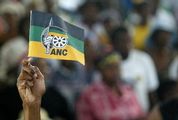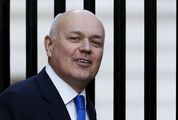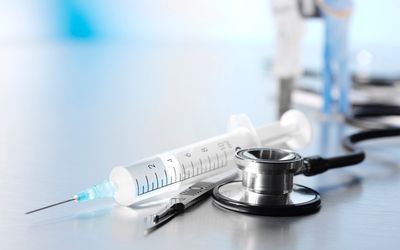ACTIVISTS from around the world urged on Thursday a high-level United Nations (UN) panel examining access to medicines to consider new ways of financing and incentivising research to ensure that new technologies are affordable.
At issue is how best to align the interests of inventors, international trade rules, public health and human rights.
"This is not just a developing world issue. It affects patients in the UK and the US too, be it access to cancer drugs or medicines for hepatitis B," said Treatment Action Campaign (TAC) head of policy Marcus Low.
"One of the key things this panel can do is break the passive acceptance that drugs are not available because they are too expensive."
The panel has been charged by UN secretary-general Ban Ki-moon with assessing submissions and making recommendations on ways to realign the right to health with trade rules.
Its 16 members include health director-general Precious Matsoso, GlaxoSmithKline CEO Andrew Witty and Botswana’s former president Festus Mogae.
The panel met last week in London and for two days this week in Johannesburg, where it heard testimony from organisations and patients. It will report to the UN secretary-general in June.
TAC is among the local activists that signed a declaration from civil society groups from around the world submitted to the panel on Thursday. Local organisations that signed the declaration included Section 27, the South African Federation for Mental Health and leading cancer lobby groups.
Among the measures recommended by the activists is the delinking of research and development costs from the price of medical technologies, such as vaccines and medicines.
"Governments could start this right away," said Mr Low.
The TAC hoped the panel would recommend a global research and development treaty that would see governments commit money towards research into neglected fields, such as tuberculosis (TB)," Mr Low said.
"TB is the world’s top infectious killer, responsible for 1.5-million deaths in 2014, yet less than $100m was invested in research and development for TB last year," he said.
Most funding for tuberculosis research was provided by the US National Institutes for Health, yet 40% of the global burden resided within Brazil, Russia, India, China and SA, he added.
At the hearings‚ two women spoke of being unable to access Roche’s breast cancer drug Herceptin‚ which costs R500,000 in this country.
Testimony was also offered by Cape Town activist Phumeza Tisile‚ who was treated with a tuberculosis drug called Linezolid, which cost about R700 a day.
Ms Tisile was rendered deaf by one of the other tuberculosis drugs she took, and last year, received cochlear implants to restore her hearing. They cost R500,000.
She told the panel the price of Linezolid and cochlear implants placed them out of reach of many patients in the country.
A representative of GlaxoSmithKline said most of the medicines on the World Health Organisation’s essential drugs list were no longer under patent and there were cheap generics.
With additional reporting by Katherine Child






















Change: 1.19%
Change: 1.36%
Change: 2.19%
Change: 1.49%
Change: -0.77%
Data supplied by Profile Data
Change: -0.19%
Change: 0.69%
Change: 1.19%
Change: 0.00%
Change: 0.44%
Data supplied by Profile Data
Change: 0.62%
Change: 0.61%
Change: 0.23%
Change: 0.52%
Change: 0.12%
Data supplied by Profile Data
Change: -0.21%
Change: -1.22%
Change: -0.69%
Change: -0.51%
Change: 0.07%
Data supplied by Profile Data